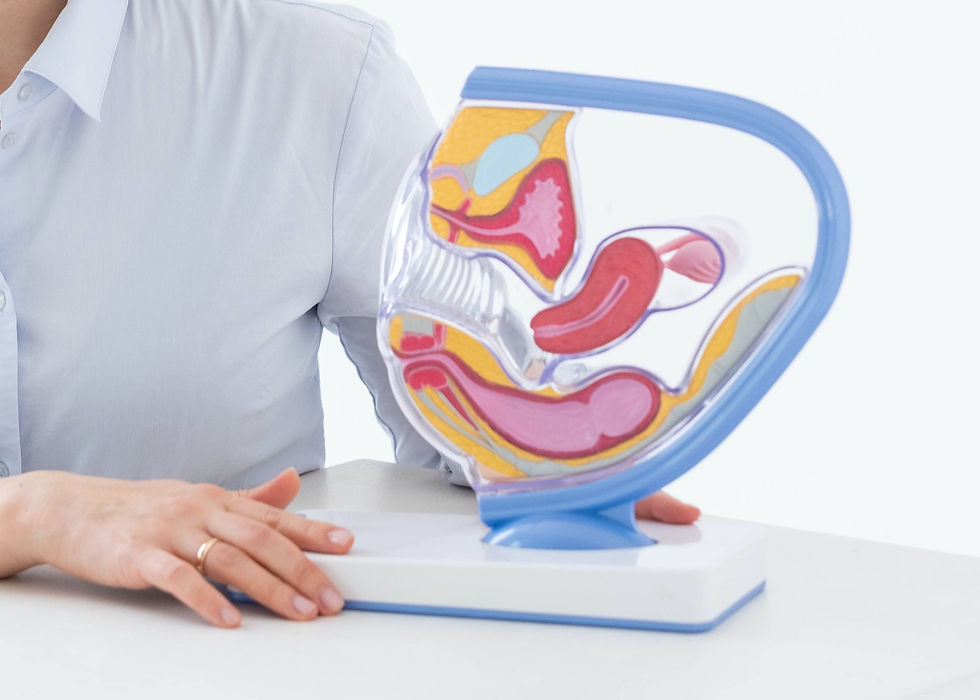Bidet vs Toilet
- Alan Frischer, MD, MPH

- May 10, 2024
- 2 min read
A few years back I had a wonderful vacation in Japan. One of the many things that surprised me was how prevalent bidets were. I saw (and used) them in restaurants, hotels, and even train stations! Are bidets “better” than standard traditional toilets?
Bidets clean with a spray of water, and mostly eliminate the need for toilet paper. Note that bidets don’t always come with all of the features I encountered in Japan, but some are equipped with heated seats, warm water, warm air, music, and a lid that knows when to open and when to close!
What are some of the advantages of a bidet?
Washing with a spray of water is more hygienic than using toilet paper or wipes. Toilet paper only removes some urine and fecal matter – it doesn’t remove tiny particles. A spray of water is gentle, and can help to minimize irritation.
Bidets can help with constipation, and even hemorrhoids caused by straining. A gentle and firm stream of warm water can increase blood flow, relieve pressure, and stimulate the nerves.
Bidets are kid-friendly. A bidet can make it easier for them to thoroughly clean themselves.
Older (or disabled) adults may not be flexible enough to wipe properly. The bidet can help maintain independence.
Bidets can help the environment by saving trees. (Note that some toilet paper may still be needed.) Less toilet paper can also mean fewer calls to the plumber.
What about the disadvantages?
It’s possible that a bidet could encourage a vaginal infection, because washing with warm water can affect the vagina’s healthy bacterial balance.
If the bidet is not kept clean, it could actually collect bacteria and spray them onto the genitals.
Bidets come with a temperature control, and it is important to avoid water that is too hot.
Bidets have been (rarely) known to cause fecal incontinence by over-relaxing the anal muscles and loosening the sphincter muscles. It is possible for excessive use to dry out the skin.
A bidet will not work during a power outage. It is an electrical device plugged into an outlet where water is nearby, so a short circuit is possible. Safety features are usually built in.
Bidets can take up more space, may need additional plumbing for hot water, and require an electrical outlet, which often does not exist near an existing toilet.
A bidet is generally more expensive than a standard toilet. In addition to the upfront costs for purchase and installation, electricity and water bills will be higher.
What have I chosen for my own home? Ultimately, having to bring in electricity discouraged me and I haven’t yet replaced my traditional toilets. However, bidets definitely remain on my wish-list!


